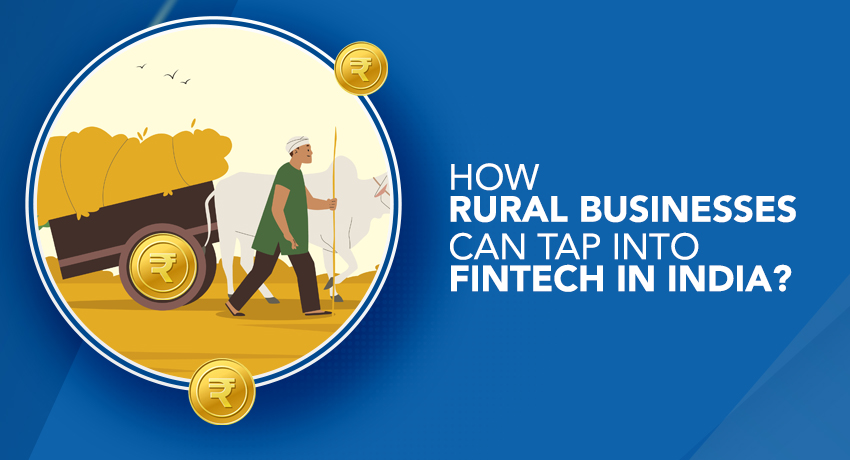The dominance of Insurtech is expected to skyrocket by 2023. Insurtech is altering the environment in remarkable ways as traditional insurance operations meet the digital age. Streamlined claims processing, personalized policies using data analytics, and improved customer experiences are the new norm. From AI-powered underwriting to blockchain-based contracts, the convergence of technology and insurance is not only improving operations but also increasing client trust and engagement. The industry is primed for transformative growth as more firms invest in and implement Insurtech solutions, providing a glimpse into a more efficient, customer-centric, and digitally empowered future of insurance. Why is Insurtech gaining significance? The global Insurtech market was valued at $3.85 billion in 2021 and it is expected to double in the next ten years. Insurtech is gaining significance due to several key factors: Technological Advances: Technological advancements such as artificial intelligence, machine learning, the Internet of Things, and data analytics are being used to streamline and improve various aspects of the insurance industry, ranging from underwriting and claims processing to customer service. Changing Customer Expectations: As consumers become more digitally sophisticated, they seek greater convenience, transparency, and personalized experiences from insurance companies. Insurtech firms can match these changing client expectations by leveraging technology. Cost-effectiveness: When compared to traditional insurance businesses, insurtech startups are frequently able to operate with lower overhead expenses. This enables them to provide more competitive pricing and more innovative products. Data Utilization: The availability of enormous amounts of data from diverse sources enables insurtech companies to construct more accurate risk assessment models, resulting in improved pricing and coverage customization. Improved Customer Engagement: Insurtech companies can communicate with clients in real-time via mobile apps, online platforms, and chatbots, providing rapid quotations, policy administration, and claim processing, thereby increasing customer satisfaction. Product Development: Insurtech companies offer new forms of insurance products, such as usage-based insurance (UBI), peer-to-peer insurance, and micro-insurance, that are tailored to unique customer needs and lifestyles. Partnerships and Collaborations: Traditional insurance companies recognize the potential of insurtech and begin teaming with or investing in insurtech startups to boost their technological skills and remain competitive. Regulatory advances: Regulatory organizations are also changing to suit technological advances in the insurance sector, making it simpler for insurtech companies to operate and innovate. The growing importance of Insurtech can be linked to a convergence of technical breakthroughs, evolving client expectations, and industry demands. Insurtech is transforming the traditional insurance environment by offering innovative technologies that expedite procedures, improve consumer experiences, and increase risk assessment. Adopting artificial intelligence, machine learning, data analytics, and blockchain technology has enabled the development of more personalized insurance packages, fast claims processing, and fraud detection. Collaboration between established insurers and Insurtech firms is also developing an innovative environment. Established insurers are collaborating with technology-driven startups to use their knowledge and accelerate digital transformation. This collaboration allows both sides to enter new markets, provide superior services, and remain competitive in an ever-changing world.
Tag: insurance
How Rural Businesses Can Tap into Fintech in India?
The fintech market in India has been rapidly changing over the past few years, providing a considerable opportunity for rural businesses to improve their financial operations and growth prospects. By utilizing fintech, rural businesses in India can experience dramatic transformations and close the gap between conventional financial services and contemporary digital innovations. In India, about 11.7% of adults do not own a bank account. Meanwhile, the Financial Inclusion Index in India is 56.4 based on ease of access, usage, lack of service, and inequality. Even though actions taken by the Reserve Bank of India and the Jan Dhan Yojana by the Prime Minister of India increased the number of people with bank accounts from the rural parts of the country, statistics show that over 85% of the bank accounts held by the marginalized or rural folks are non-functional and inactive. Here are a few ways rural businesses can leverage fintech: Digital Payments and Transactions: Fintech provides mobile payment apps and digital wallets that enable secure and immediate transactions, minimizing the need for cash. Through this convenience, rural enterprises can streamline operations and increase their consumer base. Online lending platforms: A lot of fintech platforms offer unconventional lending choices that make use of cutting-edge techniques for credit evaluation, allowing small enterprises in rural areas to access financing without the requirement for conventional collateral. This can encourage investment and business expansion. Insurance Solutions: Fintech can deliver streamlined, individually designed insurance policies that are suited to the special needs of rural businesses and offer defense against a range of threats. Access to Investment Platforms: Investment platforms can help rural enterprises by providing information and chances to invest extra money, possibly earning extra income. Government Programmes and Subsidies: By streamlining the application process for government incentives and subsidies, fintech can make sure that rural enterprises get the help to which they are entitled. Education and Awareness: Financial technology firms frequently offer instructional materials and training on how to utilize their platforms efficiently, enabling rural businesses to make the most of these capabilities. Rural firms should first determine their unique needs and explore the available fintech solutions before attempting to leverage fintech. It’s crucial to pick platforms that are user-friendly, safe, and compatible with the objectives of the company. Developing digital literacy among stakeholders and staff is also essential for successful adoption. Rural businesses in India can open new doors for expansion, financial inclusion, and increased sustainability by embracing fintech.

